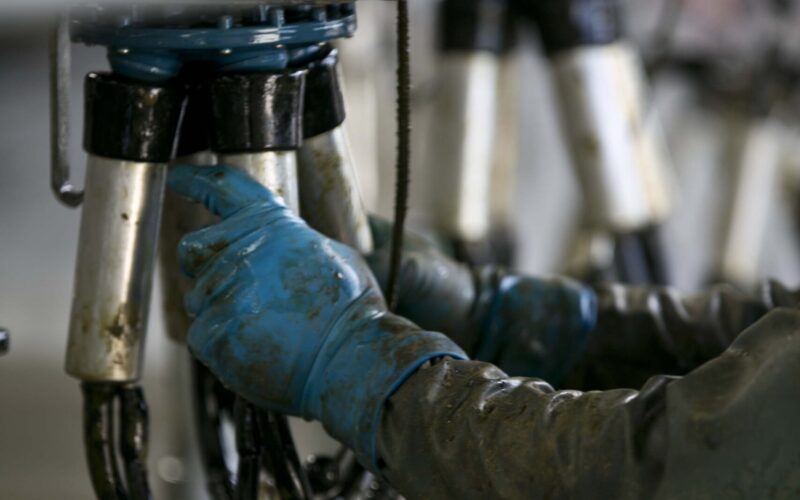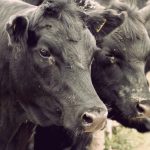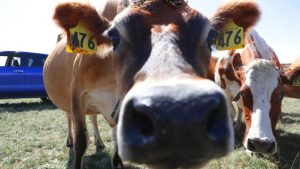
Farmers hear from industry experts about the concrete difference ‘soft skills’ can make to a business: the more people you can keep, the stronger your business will be.
Staff retention continues to be a real challenge in the dairy sector, farmers heard at the fourth and final People Expo held in Waikato run by DairyNZ and Dairy Women’s Network.
A farmer perception survey undertaken by DairyNZ at the end last year showed that 13% of farms are understaffed, which DairyNZ people specialist Jane Muir called “not a great result” in the current economic climate.
Muir then showed the 2024 results from DairyNZ’s annual employee survey of 1000 people, which asked farmers where the biggest bottleneck or inefficiency on their farm was.
The responses ranged from bad communication and toxicity to not enough training, fatigue from working a “12 on 2 off” roster “which should be illegal”, lack of technology, trust and management direction and a lack of appreciation from the manager or farm owner, which makes staff feel undervalued.
The survey also asked what managers to do improve work satisfaction. The responses included: ask and listen instead of assuming and accusing, care for staff – they are people not robots, and help with upskilling,
“All of the comments are related to leadership, management culture and communication. They are the big levers to pull to affect change,” Muir said.

Economist Shamubeel Eaqub said was more important than ever for farmers to invest in people with New Zealand’s core working-age population shrinking and net migration slowing,
“Retention is where you get the biggest gains. The more people you can keep, the stronger your business will be.”
He encouraged farmers to focus on leadership and workplace culture, as well as ongoing training.
“Technical skills are important, but future success will depend on communication, teamwork, problem-solving, and critical thinking. If we know these skills will be vital in 10 years, why not prioritise them now?”
For farm owners, they need to give themselves permission to invest in themselves.
“The better leader you are, the better your business will be because you being a better leader helps you run a better business.”
Mid Canterbury equity partnership farmers Will and Kim Grayling told the audience they learnt to make people a constant focus in their business.
The rapid expansion of their farm business was a tipping point for change in terms of how they manage staff, Kim said.
“Our inflexible attitude to the way work should be done was not going to take us very far.
“We were trying to bend how the people would work rather than bending the work to the people. If we were going to make it sustainable, what had to change was us.”
While the couple love farming, Will said they came to realise not everyone has the same view and motivations regarding farming as they do – especially if they are migrant workers.
“It’s really different for different people.”
Kim said they wanted to ensure their staff’s jobs were not competing with the lifestyle they wanted to live.
“We want people to be able to dairy farm, but we also want them to be able to live the dream of what they think living on a farm involves.”
Will said they learnt that while they became willing to be more flexible, their values have not changed.
“You have to understand what piece you can shift and what piece you can’t. Don’t change those expectations.”
AgFirst managing director James Allen said that while technology will change how farmers farm, people will still be more important than any fancy new tech. Farmers need to use this new technology to improve staff retention which will improve productivity.
“How do we become an employer of choice? If you’re an employer of choice, they are coming to you”
While new technology is great, farmers also need behavioural change.
“We need to start quietly thinking what skillsets are important, how we analyse information, how we interpret it and how we manage all this data.”
You can now read the most important #news on #eDairyNews #Whatsapp channels!!!
🇺🇸 eDairy News INGLÊS: https://whatsapp.com/channel/0029VaKsjzGDTkJyIN6hcP1K























